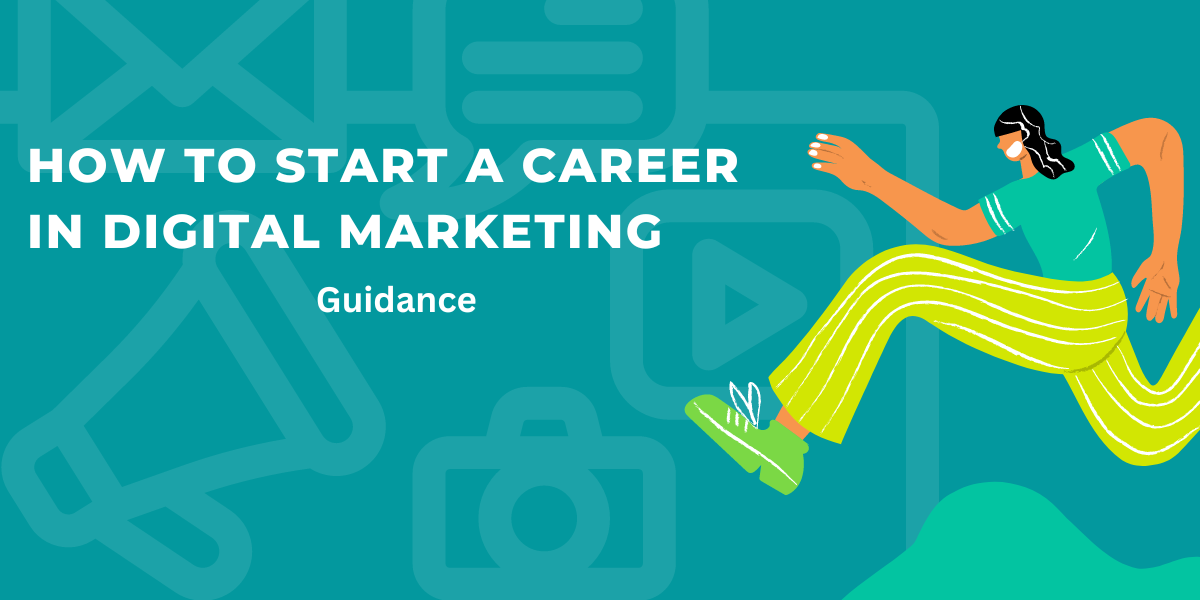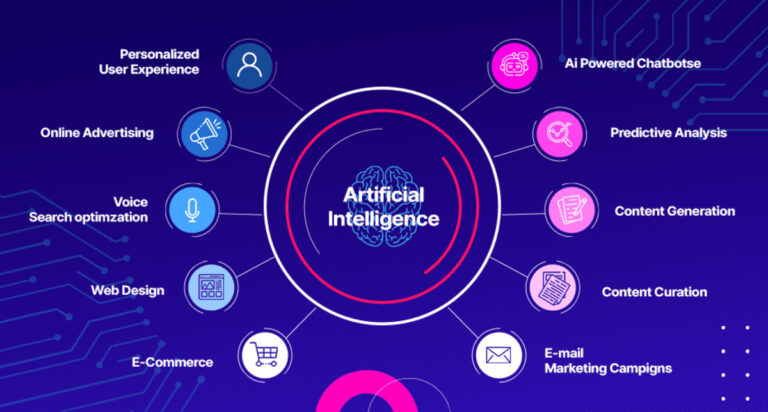Introduction
The digital revolution has changed the way businesses operate, paving the way for a new era of marketing. Today, digital marketing is one of the fastest-growing industries, offering vast opportunities for career growth, creativity, and innovation. Whether you’re a fresh graduate or someone looking to pivot into a new career, digital marketing presents numerous possibilities. This guide will provide an in-depth look at how to start your career in digital marketing, essential skills you need, and strategies to stand out in this competitive field.
Why Choose a Career in Digital Marketing?
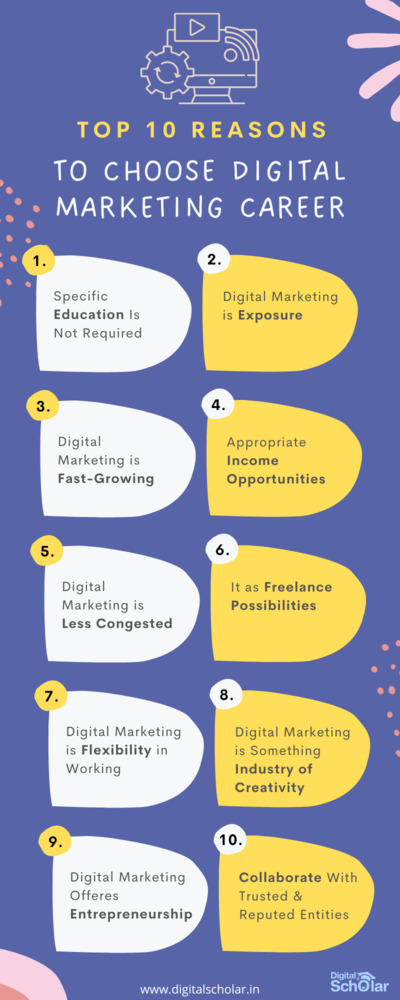
Before diving into the details of starting a career in digital marketing, let’s first understand why this field is so appealing.
- High Demand for Digital Skills: As businesses shift their operations online, the need for professionals who can navigate digital landscapes continues to rise. The global pandemic has only accelerated this trend, with companies increasingly investing in their digital presence.
- Diverse Job Opportunities: From social media management and SEO to content creation and data analysis, the digital marketing ecosystem offers a wide range of job roles catering to different interests and skills.
- Flexibility: Many digital marketing roles offer flexible work arrangements, including freelance work, remote jobs, and opportunities for travel.
- Room for Creativity: Whether you’re developing a campaign, designing a website, or crafting a piece of content, digital marketing offers numerous ways to unleash your creativity.
- Growth Potential: With the digital world constantly evolving, there are always new skills to learn and opportunities for career advancement.
Understanding the Different Disciplines of Digital Marketing
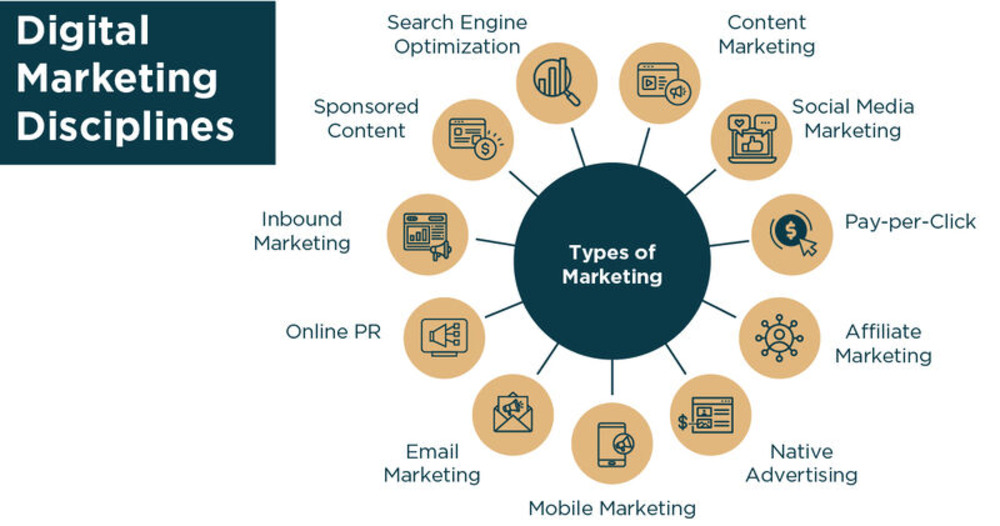
Digital marketing is an umbrella term that includes several specialized fields. It’s important to familiarize yourself with each area to decide where your interests lie.
- Search Engine Optimization (SEO): SEO focuses on improving a website’s visibility on search engines like Google. SEO specialists use techniques like keyword research, content optimization, and link building to increase organic traffic.
- Content Marketing: Content marketers create valuable content to attract and engage audiences. This can include blog posts, videos, podcasts, infographics, and eBooks.
- Social Media Marketing: Social media marketers focus on promoting brands through platforms like Facebook, Instagram, LinkedIn, and Twitter. This role involves content creation, audience engagement, and running paid campaigns.
- Email Marketing: This discipline involves crafting and sending email campaigns to nurture leads and build relationships with customers. Email marketers need to understand audience segmentation, copywriting, and automation tools.
- Pay-Per-Click (PPC) Advertising: PPC specialists manage paid advertising campaigns on platforms like Google Ads and social media channels. This role involves keyword bidding, ad optimization, and data analysis to maximize return on investment (ROI).
- Affiliate Marketing: This performance-based marketing strategy involves partnering with affiliates (individuals or companies) to promote products. Affiliates earn a commission for driving traffic or sales through their marketing efforts.
- Analytics and Data: Digital marketing relies heavily on data. Professionals in this field use analytics tools to track and measure campaign performance. Understanding metrics like conversion rates, traffic sources, and customer behavior is essential for making informed decisions.
Step-by-Step Guide to Starting Your Digital Marketing Career
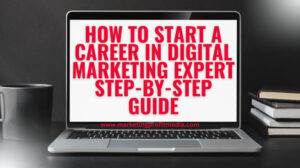
1. Understand the Basics of Digital Marketing
The first step is to get a solid understanding of digital marketing basics. You don’t need to become an expert in every area at the beginning, but having a general knowledge of SEO, PPC, content marketing, and social media will give you a good foundation. Resources like Google’s Digital Garage, HubSpot Academy, and Moz’s Beginner’s Guide to SEO offer free courses and certifications that are ideal for beginners.
2. Build Your Digital Marketing Skills
Once you have a grasp of the fundamentals, it’s time to dive deeper into specific areas of interest. Here are some core skills to focus on:
- SEO and SEM: Learn how search engines work and how to optimize websites to rank higher.
- Content Creation: Master the art of storytelling and creating content that resonates with your audience. This involves writing, video production, and graphic design.
- Analytics: Get familiar with tools like Google Analytics, Ahrefs, and SEMrush to track performance and measure success.
- Marketing Automation: Learn to use platforms like Mailchimp, HubSpot, and Marketo to automate marketing tasks and streamline campaigns.
3. Get Certified
Certification from recognized platforms not only helps you develop your skills but also adds credibility to your resume. Here are some top certifications to consider:
- Google Analytics Individual Qualification
- Google Ads Certification
- HubSpot Content Marketing Certification
- Facebook Blueprint Certification
These certifications will enhance your portfolio and demonstrate your expertise to potential employers or clients.
4. Create a Personal Brand
In digital marketing, your online presence speaks volumes. Start building your personal brand by creating a website or blog where you can showcase your work and share insights on topics you’re passionate about. Having a strong LinkedIn profile is equally important. Use it to network, share your knowledge, and connect with industry professionals.
5. Start Freelancing or Interning
Experience is crucial in digital marketing, and freelancing or interning is an excellent way to gain hands-on knowledge. You can find opportunities on platforms like Upwork, Freelancer, and Fiverr. Many companies offer internships, which allow you to work on real projects and gain practical experience. Even working on your own side projects, like building a blog or managing a small business’s social media, can count as valuable experience.
6. Stay Updated with Industry Trends
Digital marketing is an ever-changing field. Algorithms change, new platforms emerge, and best practices evolve. Stay updated by following industry blogs, attending webinars, and joining digital marketing communities. Resources like Search Engine Journal, Neil Patel’s blog, and MarketingProfs are great places to start.
7. Leverage Networking
Networking is vital in the digital marketing industry. Attend digital marketing events, webinars, and conferences, both online and offline. Platforms like LinkedIn and Twitter are excellent for building connections with professionals in the field. Don’t be afraid to reach out to experienced marketers for advice or to ask about job opportunities.
8. Apply for Entry-Level Positions
Once you’ve built some experience and skills, it’s time to start applying for entry-level digital marketing roles. Job boards like Indeed, Glassdoor, and LinkedIn Jobs are great places to search for positions like:
- Digital Marketing Assistant
- SEO Specialist
- Social Media Coordinator
- Content Marketing Executive
- PPC Analyst
Tailor your resume and cover letter to highlight your digital marketing knowledge, certifications, and any freelance or internship experience.
Tools You’ll Need in Digital Marketing
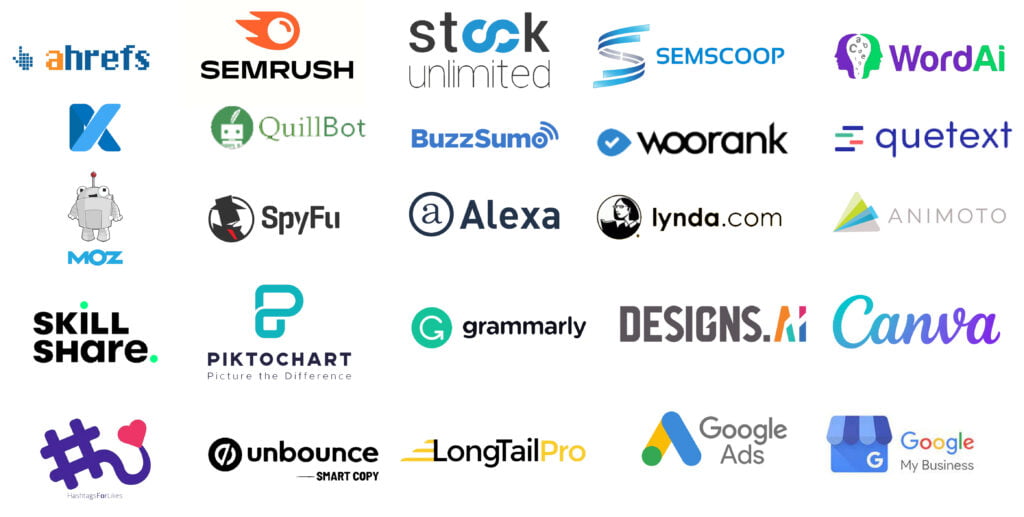
As a digital marketer, there are certain tools you’ll use frequently. Familiarizing yourself with these tools early in your career will give you a competitive edge.
- Google Analytics: Essential for tracking website performance and visitor behavior.
- SEMrush and Ahrefs: Both tools are crucial for SEO research, keyword tracking, and competitive analysis.
- Hootsuite and Buffer: These social media management tools allow you to schedule and analyze posts across various platforms.
- Canva and Adobe Spark: These tools help you create professional-looking graphics, even if you’re not a design expert.
- Mailchimp and HubSpot: Both are widely used email marketing and automation platforms.
Common Challenges in Digital Marketing and How to Overcome Them
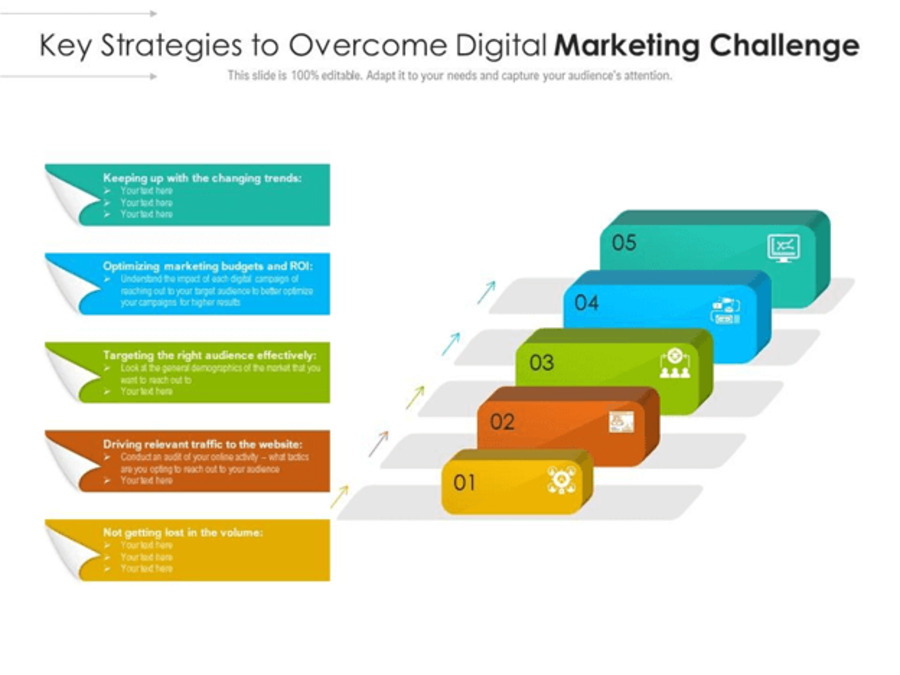
1. Keeping Up with Trends
The rapid pace of change in digital marketing can be overwhelming. To stay on top, regularly consume content from trusted sources, participate in forums, and experiment with new tools and platforms.
2. Understanding Analytics
Many beginners struggle with interpreting data. Take the time to learn tools like Google Analytics and focus on understanding the key metrics relevant to your campaigns.
3. Creating Consistent and Engaging Content
Content creation can be time-consuming and challenging, especially if you’re managing multiple channels. Develop a content calendar and focus on repurposing content across different platforms to maximize reach.
Advancing Your Career in Digital Marketing
As you gain experience and knowledge, you’ll find opportunities to advance in the digital marketing field. Here are some tips for climbing the career ladder:
- Specialize in a Niche: As digital marketing continues to grow, specialists are in demand. Whether it’s SEO, PPC, or social media strategy, becoming an expert in a specific area will open doors to higher-level positions.
- Take on Leadership Roles: As you gain experience, you may be offered opportunities to lead campaigns or manage teams. This will not only increase your earning potential but also make you more marketable.
- Stay Agile and Adaptable: Digital marketing trends are constantly changing. Staying flexible and adaptable will allow you to continuously grow and stay relevant in the industry.
Conclusion
Starting a career in digital marketing is an exciting and rewarding journey. With a clear understanding of the various disciplines, a solid foundation of skills, and a strategic approach to gaining experience, you can carve out a successful career in this dynamic field. Remember to stay curious, keep learning, and embrace the ever-evolving nature of digital marketing. As the demand for digital expertise grows, so will your opportunities to innovate, create, and lead in this cutting-edge industry.
Good luck on your journey to becoming a digital marketing professional!

